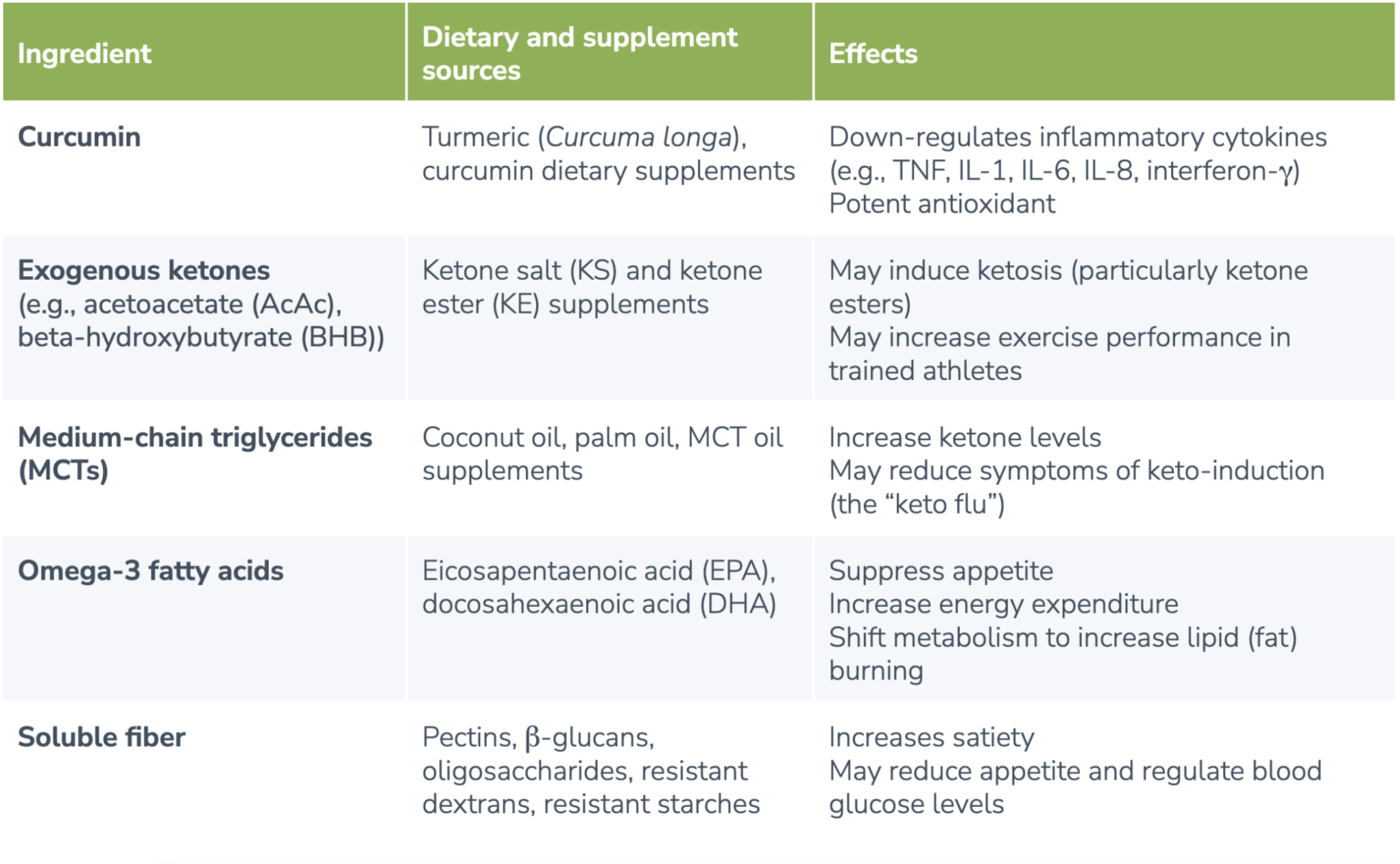Intermittent fasting (IF), also known as intermittent energy restriction (IER), is a common dietary approach that leads to changes in the body’s energy metabolism, resulting in ketosis, a fat-burning state. IF has been promoted for its beneficial effects on weight management and cardiometabolic health. (4) Individuals following this eating pattern may be interested in the effects of dietary supplements and the best supplements to take while fasting.
This article outlines everything you need to know about intermittent fasting and taking supplements.
Intermittent fasting and supplements
Dietary supplements are an important consideration for individuals following an intermittent fasting regimen. Certain supplements, as well as the timing of taking supplements, may positively or negatively impact your fast and the intended metabolic and health effects.
Below, we’ll provide tips for taking supplements while fasting and highlight several supplement ingredients that may be used to support the body while intermittent fasting.
Do supplements break a fast?
During fasting, the metabolic shift to ketosis involves a decrease in blood glucose and insulin levels, a hormone that facilitates the transport of glucose into the body’s cells. (18) Any food, beverages, or dietary supplements that contain calories will break your fast, and the body will shift back to using glucose for energy when it becomes readily available. (18) Additionally, foods or supplements that alter insulin levels may impact the desired effects of fasting.
Dietary supplements that may interrupt fasting include:
- Protein powder, which commonly contains approximately 100 calories per scoop
- Amino acids and amino acid combinations (e.g., Branched-chain amino acids (BCAAs))
- Fatty acid supplements (e.g., omega-3 fatty acids, medium-chain triglycerides (MCTs))
- Products that include sweeteners or additional ingredients (e.g., cane sugar, fruit juice concentrates, starches)
- Electrolyte supplements (e.g., drink powders and effervescent tablets), which are commonly sweetened
- Supplements in gummy or chewable tablet format, which are commonly sweetened
- Meal replacement supplements

A note on the ketogenic diet
While not technically a type of fasting, a dietary approach known as the ketogenic diet (keto) mimics the effects of fasting by severely restricting carbohydrate intake. The keto diet is a high-fat, very low-carbohydrate diet. Individuals who are following keto and are in a state of “nutritional ketosis” are generally able to consume keto-compliant foods and remain in ketosis. (12) Certain dietary supplements, such as omega-3 fatty acids (15) and MCT oil, (9) may be permitted and provide additional benefits to those following a keto diet.
5 tips for taking dietary supplements while intermittent fasting
- Always check the “Supplement Facts” label on the product bottle for the number of calories.
- Look for supplements that are unsweetened or contain calorie-free sweeteners. Non-nutritive sweeteners (NNS) are commonly used as a replacement for calorie-containing sweeteners in supplements. These include monk fruit (lo han guo) extract and stevia (Stevia rebaudiana) or stevia leaf extract. (3)
- If appropriate, consume your supplements within your “feeding window” (the time of day during which food is consumed). Note that certain dietary supplements may be recommended on an empty stomach or at a certain time of day.
- Be cautious with supplement ingredients that may further lower your blood glucose levels. Ingredients that have been shown to reduce blood sugar include chromium picolinate, (1) berberine, (21) and psyllium husk. (17)
- Prior to making any changes, consult your integrative healthcare provider regarding intermittent fasting and your supplement regime.

Intermittent fasting supplements
Taking certain dietary supplements may help to support the body’s transition to ketosis, (6) reduce inflammation, (14) suppress appetite, and increase energy expenditure. (8) Supplements to consider for IF include curcumin, exogenous ketones, medium-chain triglycerides (MCTs), omega-3 fatty acids, and soluble fiber.
A randomized controlled pilot study examined the effects of modified 5:2 IF with supportive dietary supplements in healthy overweight adults during the winter holiday period (a 52-day period). During the two modified fasting days per week, the diet intervention group decreased calorie intake to 730 calories daily by consuming a nutritional shake four times per day. The fasting period was followed by an unrestricted diet for the remaining five days of the week. The diet intervention group also received additional supplements to support weight management (e.g., omega-3 fatty acids, soluble fiber, curcumin). (7)
The diet intervention group experienced an average weight loss of 2.9 lbs. Compared to the control group, who followed their habitual diet with one multivitamin tablet daily, the diet intervention group also experienced significant improvements in metabolic markers, namely a reduction in triglycerides and an increase in high-density lipoprotein (HDL) cholesterol. (7) These findings suggest that a modified IF regime supported with dietary supplements and nutritional shakes on fasting days may support weight management and metabolic health.
The table below summarizes various dietary ingredients that may be used to support the intended benefits of IF.

The bottom line
Intermittent fasting involves an extended period of abstinence from calorie intake at regular intervals. Dietary supplements that provide calories or impact insulin levels in the body may interrupt a fast.
Keep the above tips and supportive ingredients in mind when considering dietary supplements while fasting. If you’re a patient, remember to consult with your integrative healthcare provider prior to making any changes to your health or supplement plan.

